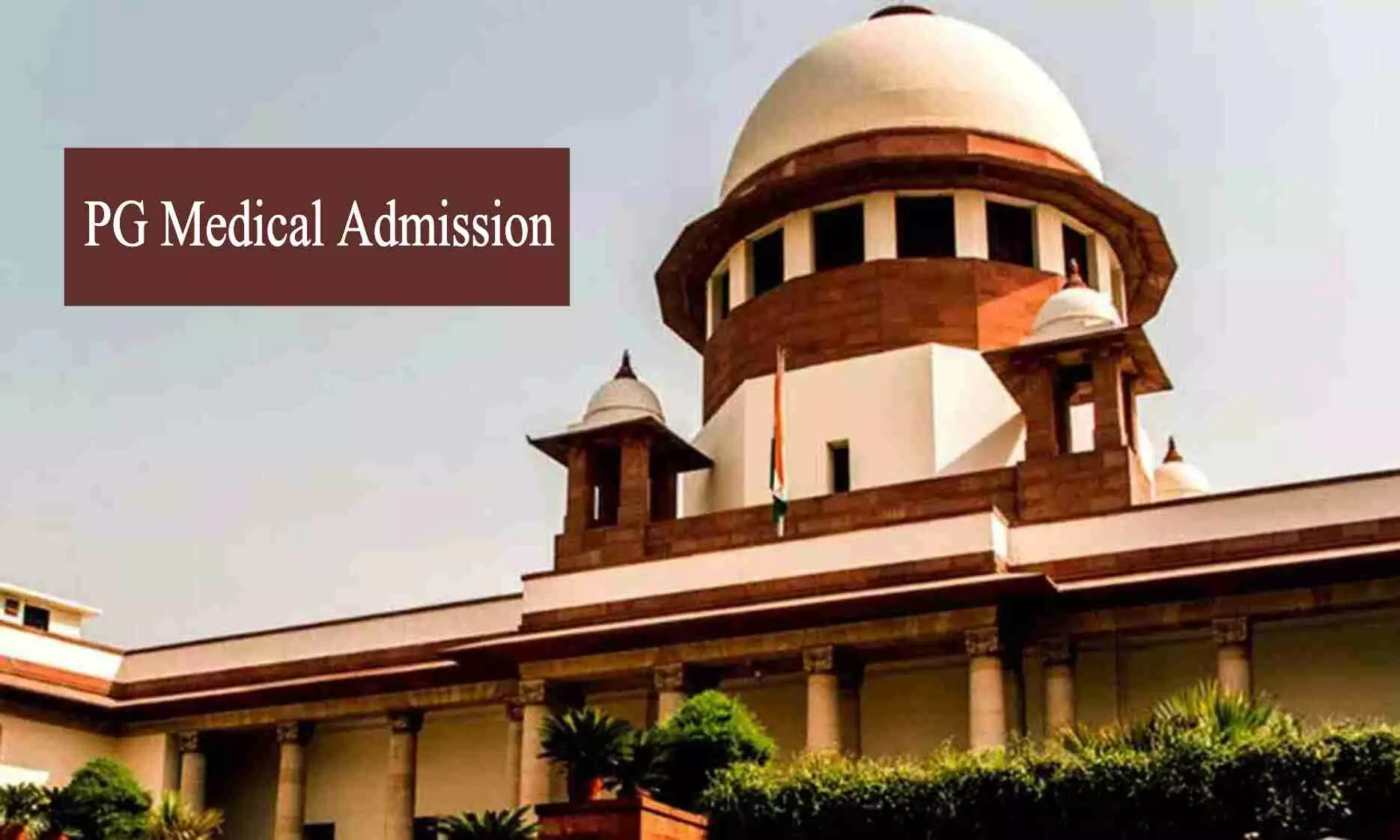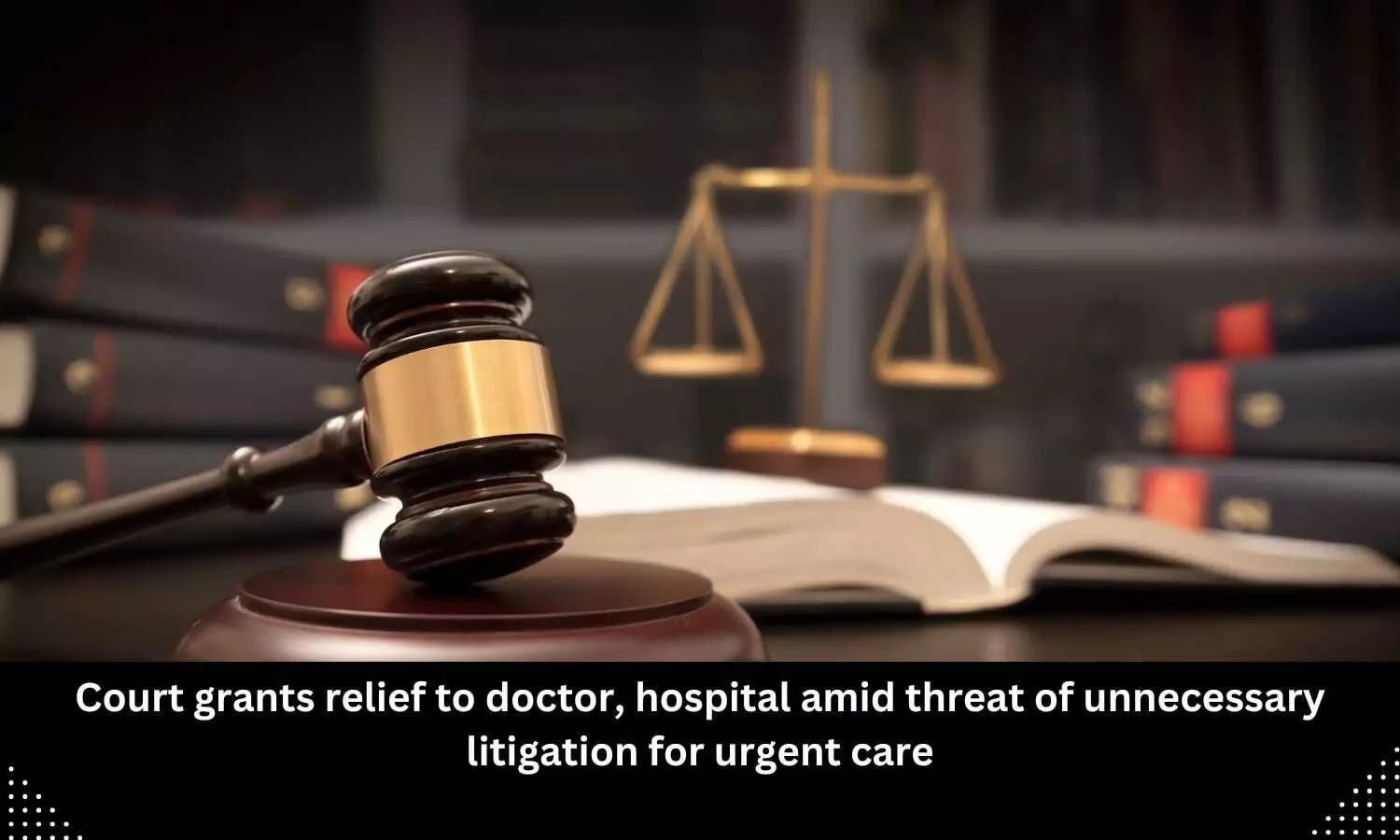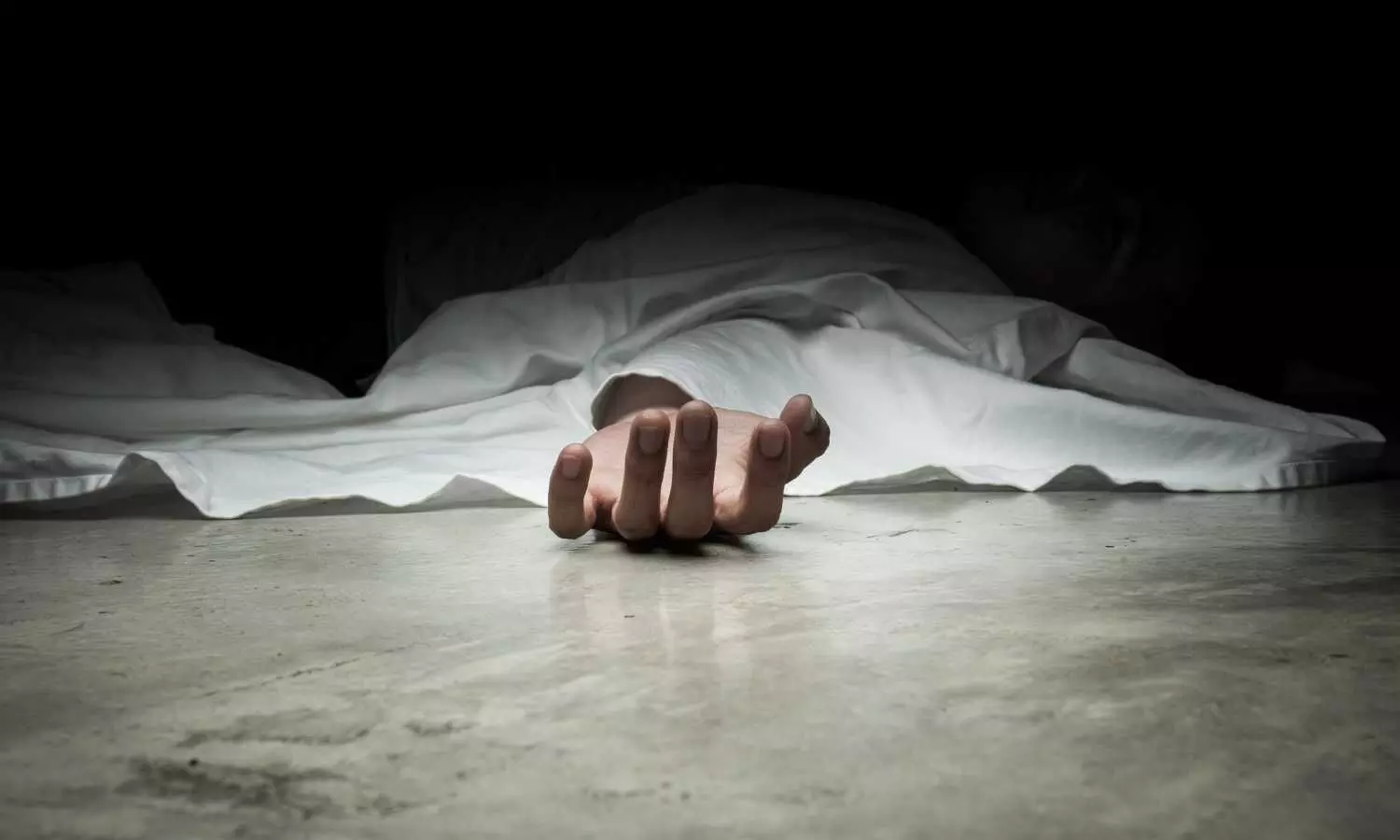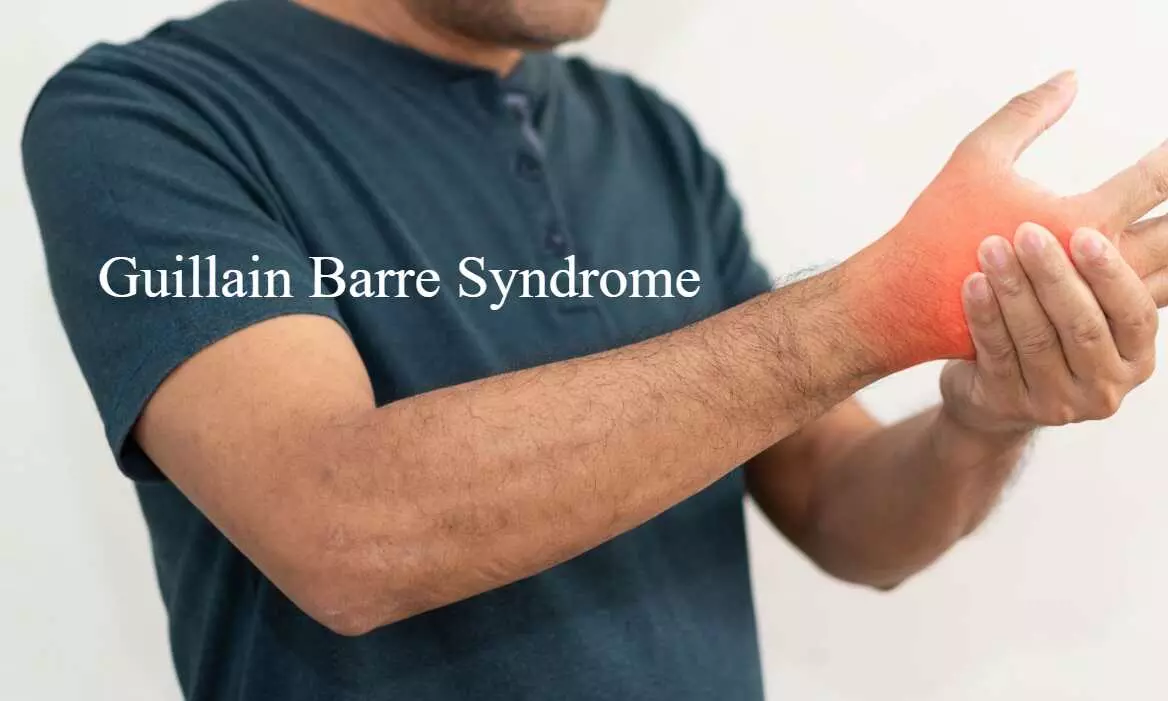
New Delhi: In a landmark decision, the Supreme Court today held that domicile-based reservations for postgraduate medical admission cannot be allowed as violates Article 14 of the Constitution.
Therefore, holding such reservation system unconstitutional, the top court bench comprising Justices Hrishikesh Roy, Sudhanshu Dhulia and SVN Bhatti observed, “Residence-based reservation in PG medical courses is clearly violative of Article 14 of the Constitution.”
Clarifying that providing domicile residence-based reservations in admission to State quota PG medical seats is constitutionally impermissible, the Apex Court bench held that such seats have to be filled up based on merit in the NEET exam.
Also Read: Supreme Court relief to in-service doctors with Telangana domicile
However, the bench has clarified in this regard that the judgment will not affect the domicile reservation already granted and the students who are studying PG medical courses and those who have already graduated from such residence category would not be affected by the ruling.
As per the latest media report by Live Law, while pronouncing the order, the top court three-judge bench reiterated the law laid down in the previous judgments in Pradeep Jain, Saurabh Chandra cases. In this regard, the bench read out the reasoning of the judgment stating, “We are all domiciles in the territory of India. There is nothing like a provincial or state domicile. There is only one domicile. We are all residents of India. We have the right to choose residence anywhere in India and to carry out trade and profession anywhere in the country. Constitution also gives us the right to choose admission in educational institutions across India. The benefit of reservation in educational institutions, including medical colleges, for those who reside in a particular state can be given to a certain degree only in MBBS courses. But considering the importance of specialised doctors in PG medical courses, reservation in higher levels on the basis of residence would be violative of Article 14 of the Constitution.”
Also Read:Supreme Court Denies to Stay Telangana HC Order Striking Down Local Quota Criteria for PG Medical Admissions
Powered by WPeMatico







